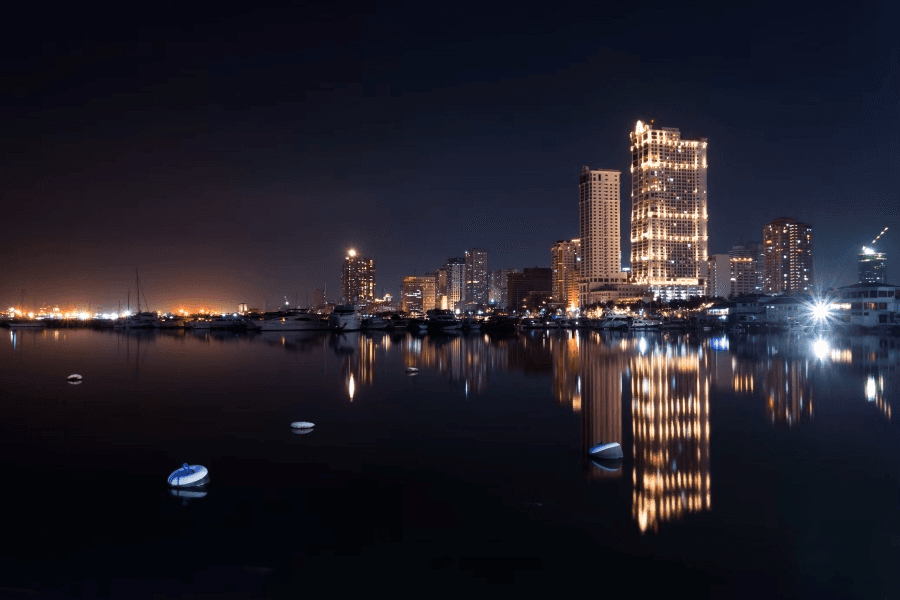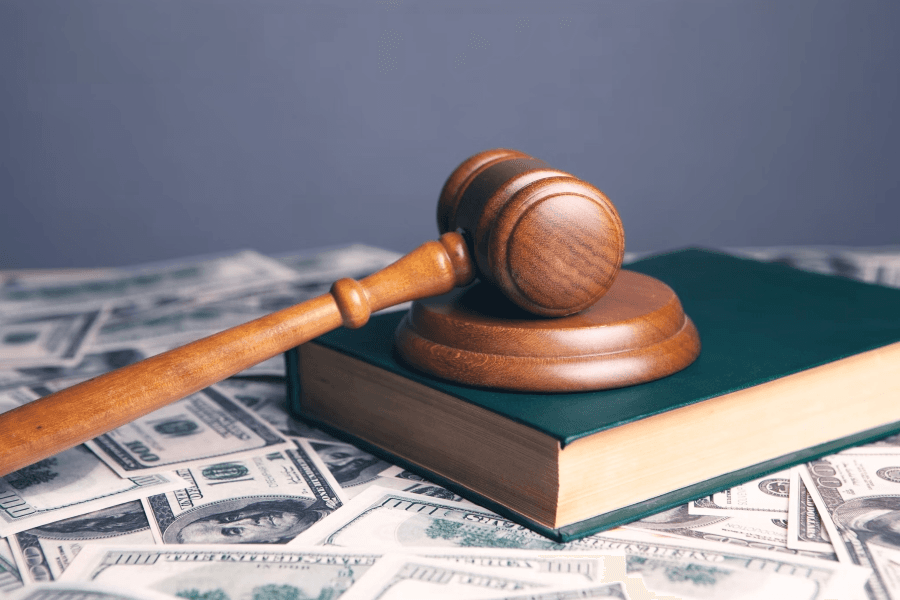
While Thailand’s ruling Pheu Thai party and its coalition partner, Bhumjaithai, are expected to remain in office for the remaining two years of the current government, the passage of casino legislation pushed by Pheu Thai may depend on whether the party can remain in power in the next general election.
The government led by Prime Minister Petuntan has recently postponed the parliamentary debate on the Entertainment Complex Bill to the next session, and the discussion can only be restarted on July 2 at the earliest. Officially, the government has to prioritize more pressing issues, such as dealing with U.S. tariffs and the aftermath of the March 28 earthquake, but many believe that growing anti-gambling sentiment may also be one of the main reasons for the delay.
In addition, tensions between the Pheu Thai Party and the Thai Pride Party have gradually emerged, especially after Thai Pride Party Secretary-General Chaichanok Chidchob publicly stated that he would not support the bill. Despite this, the leadership of the two parties has so far insisted that their relationship is solid.
The Bankgok Post reported last weekend that the alliance between the two parties is expected to last at least until the 2027 general election, as both parties rely on each other's seats in the House of Representatives to maintain the stability of their rule.
However, if the bill cannot be passed as soon as possible, or if the Pheu Thai Party fails to effectively alleviate the concerns of opponents, the fate of the bill will most likely ultimately depend on the results of the 2027 general election. This also explains why the Pheu Thai Party had previously been eager to speed up the passage of the casino bill, even though industry experts had warned that more time should be allowed for relevant research and deliberation.
At the same time, the Senate is also setting up a special committee to conduct a detailed review of the bill, which is expected to begin on April 23 and take 180 days to complete.



 2025-04-23
2025-04-23














